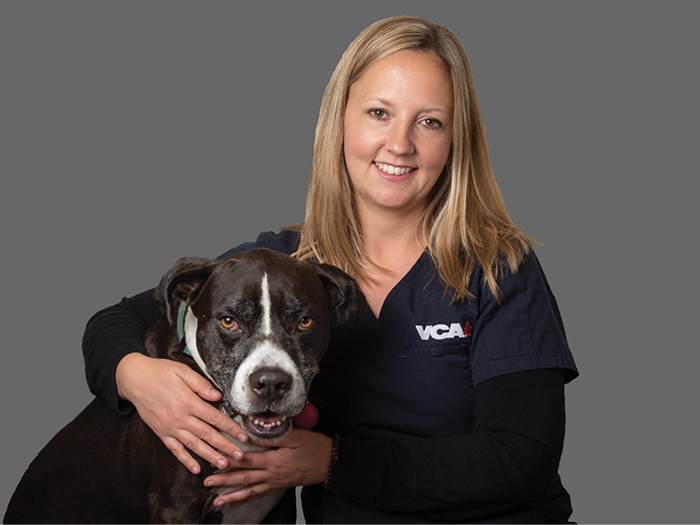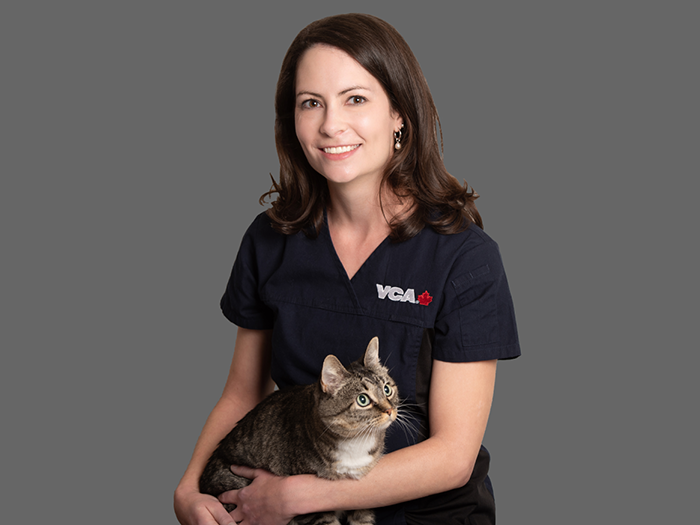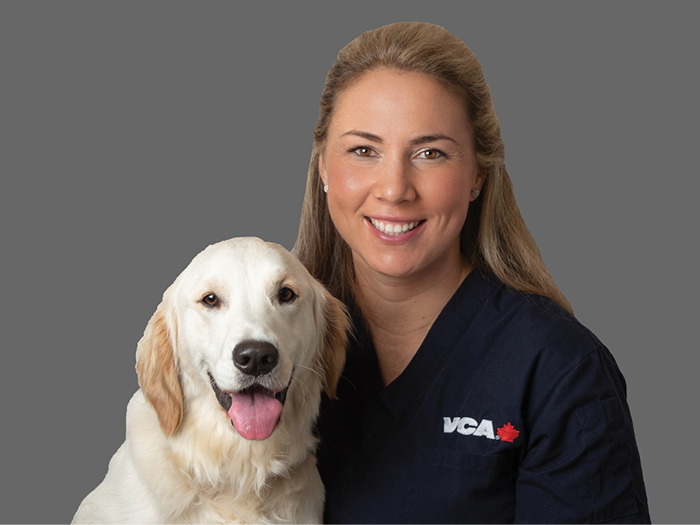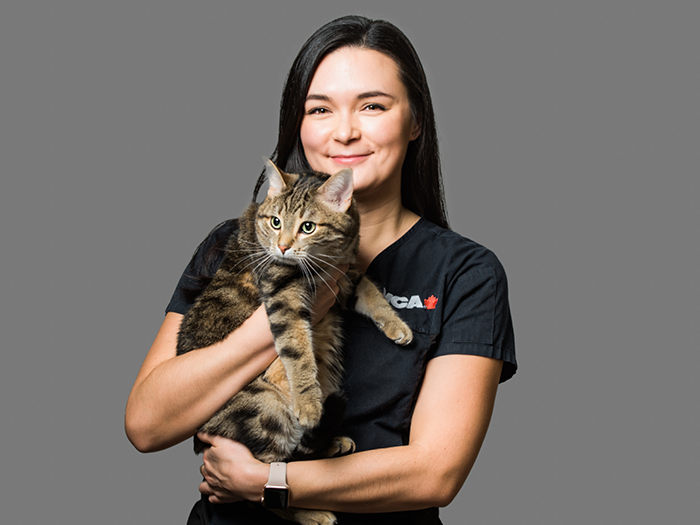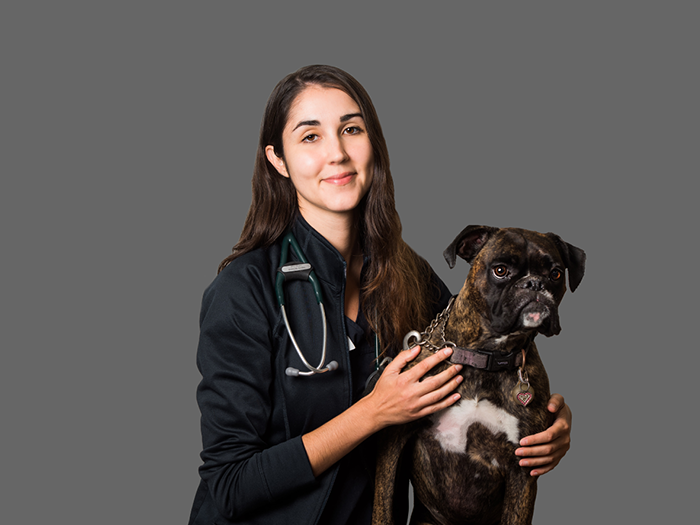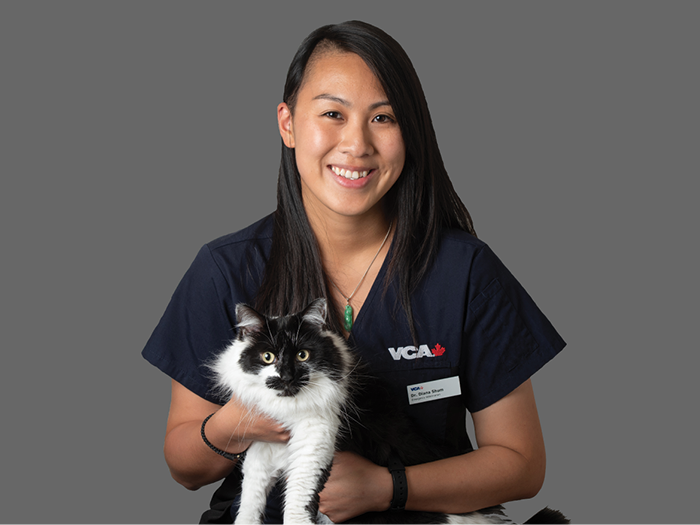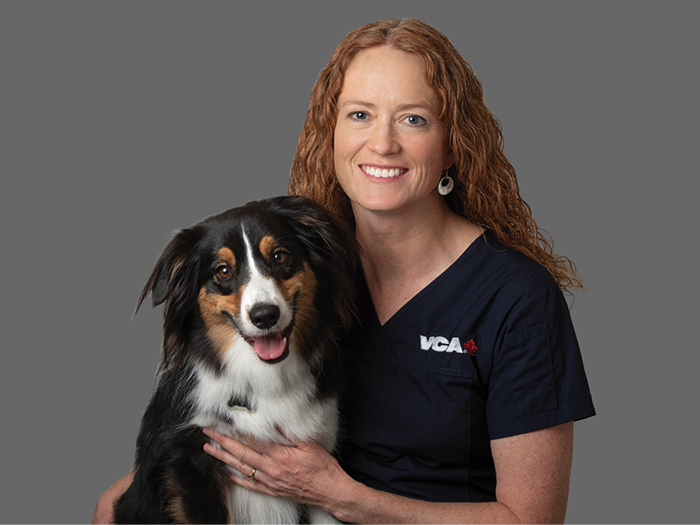Make sure you know ahead of time what your veterinarian's policy is regarding emergency care, both during regular practice hours and after hours. If your veterinarian does not have a referral relationship in place, then make sure you know the location of the closest emergency referral center for your area.
If your pet has an ongoing medical problem that could result in a sudden emergency, make sure you keep any pertinent medical records in a handy place so that you can quickly locate them and bring them with you to the emergency service or hospital in the event of a crisis.
Keep your veterinarian's phone number and any emergency phone numbers and directions next to your phone along with all other important emergency information for your family.
Know basic first aid tips for pets. Ask your veterinarian for these ahead of time during a routine wellness exam




